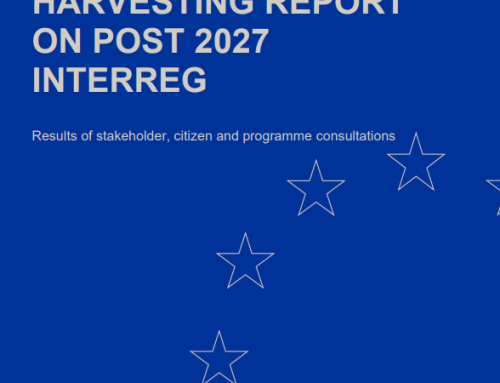A Commission Communication outlining the key policy and budgetary challenges that will shape the next EU long-term budget is now available. The long-term budget – known as the Multiannual Financial Framework – sets out the EU’s spending priorities for several years. It supports millions of people, farmers, researchers, businesses and regions across the EU and beyond. It is essential for improving our lives, helping us only recently to overcome a pandemic and energy crisis while saving millions of jobs during lockdown.
EU countries, businesses and citizens need to reconsider the way the EU budget works to make it fit for the future. To continue to support a free, democratic, secure, prosperous and competitive Europe, the long-term budget needs to be simpler, more impactful, and more targeted.
The new approach for a modern EU budget should include:
– a plan for each country with key reforms and investments, designed in partnership with national, regional, and local authorities
– a European Competitiveness Fund that will establish an investment capacity to support strategic sectors and critical technologies
– financing for external action that is more impactful, targeted and aligned with strategic interests
– additional safeguards protecting the rule of law
The Commission is now inviting all Europeans to have their say on the next budget and the policies it should support, ahead of presenting a formal proposal in July 2025. It has started a series of public consultations that will remain open for the next 12 weeks.
The consultation is open until 6 May. Link to the public consultation:
You can also use the direct link to the part of the consultation dealing with shared management and cohesion policy: https://ec.europa.eu/info/law/better-regulation/have-your-say/initiatives/14520-EU-s-next-long-term-budget-MFF-implementing-EU-funding-with-Member-States-and-regions/public-consultation_en
Some 150 Europeans will also have the chance to debate and make concrete recommendations for the next EU budget in a Citizens’ panel. This debate will be accompanied by an online platform offering everyone the opportunity to take part.
Once agreed later this year, the next long-term budget will take effect in January 2028.





Leave A Comment